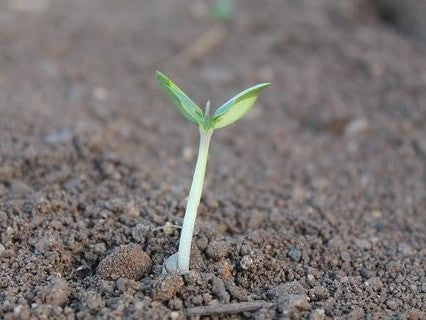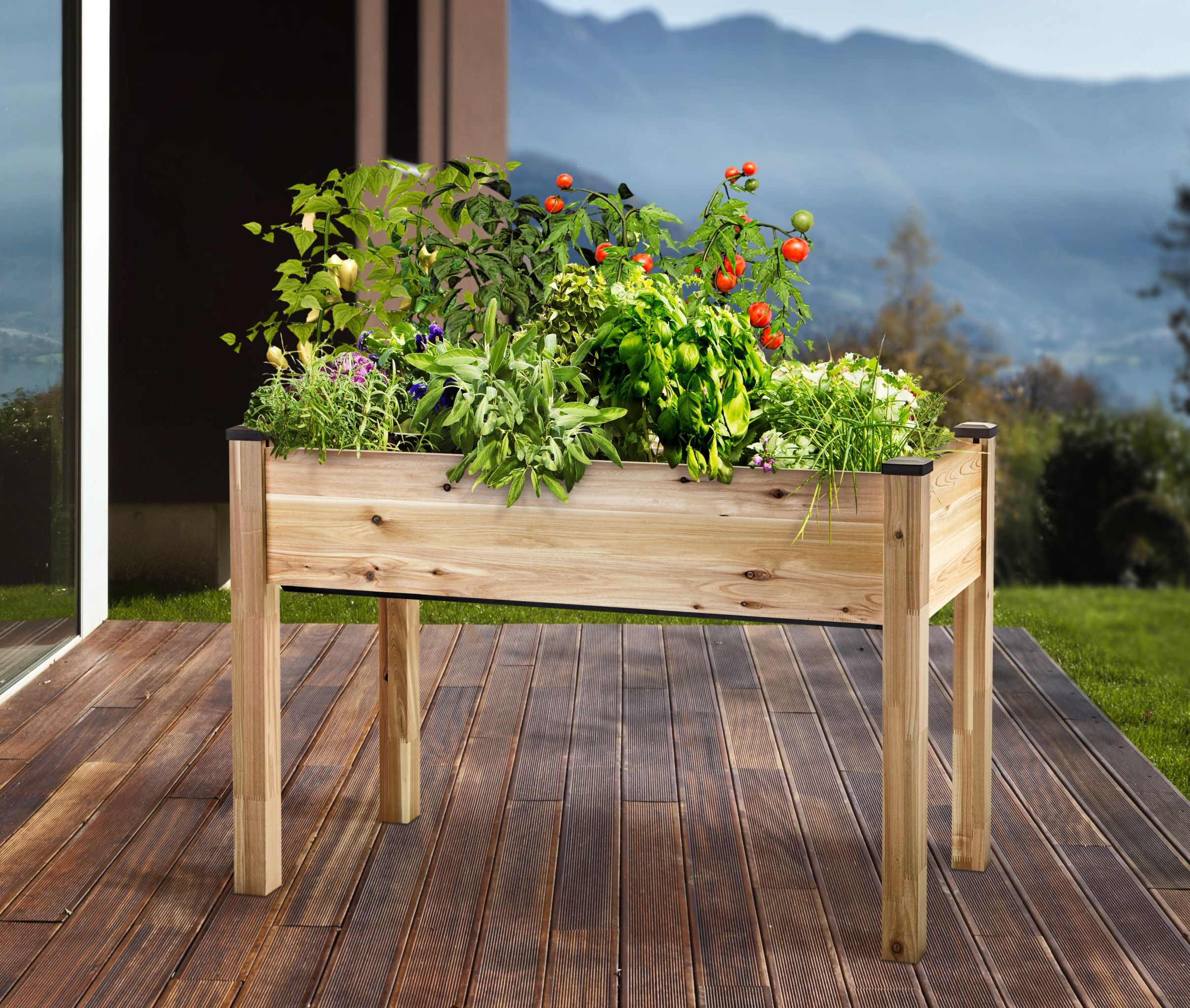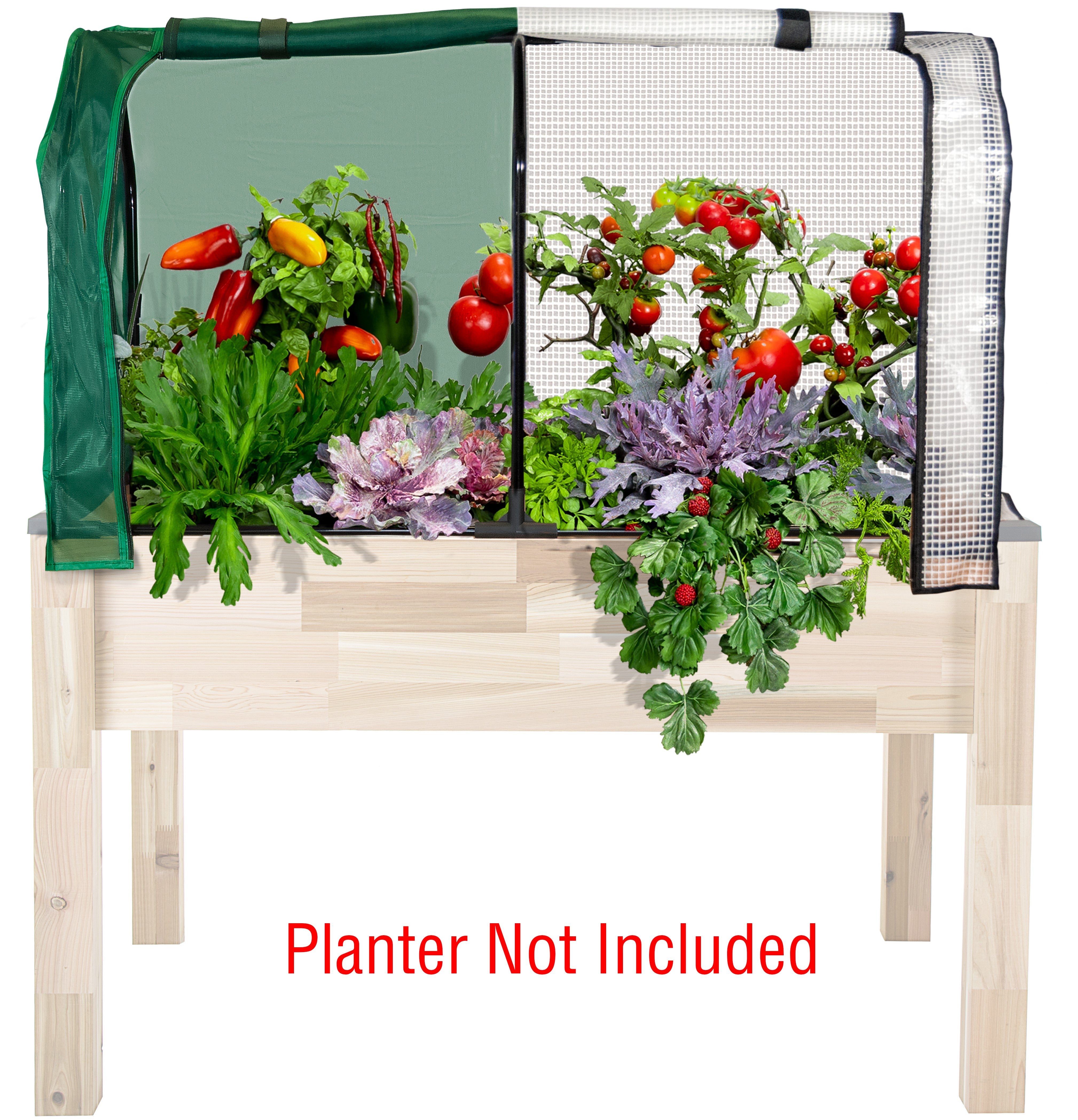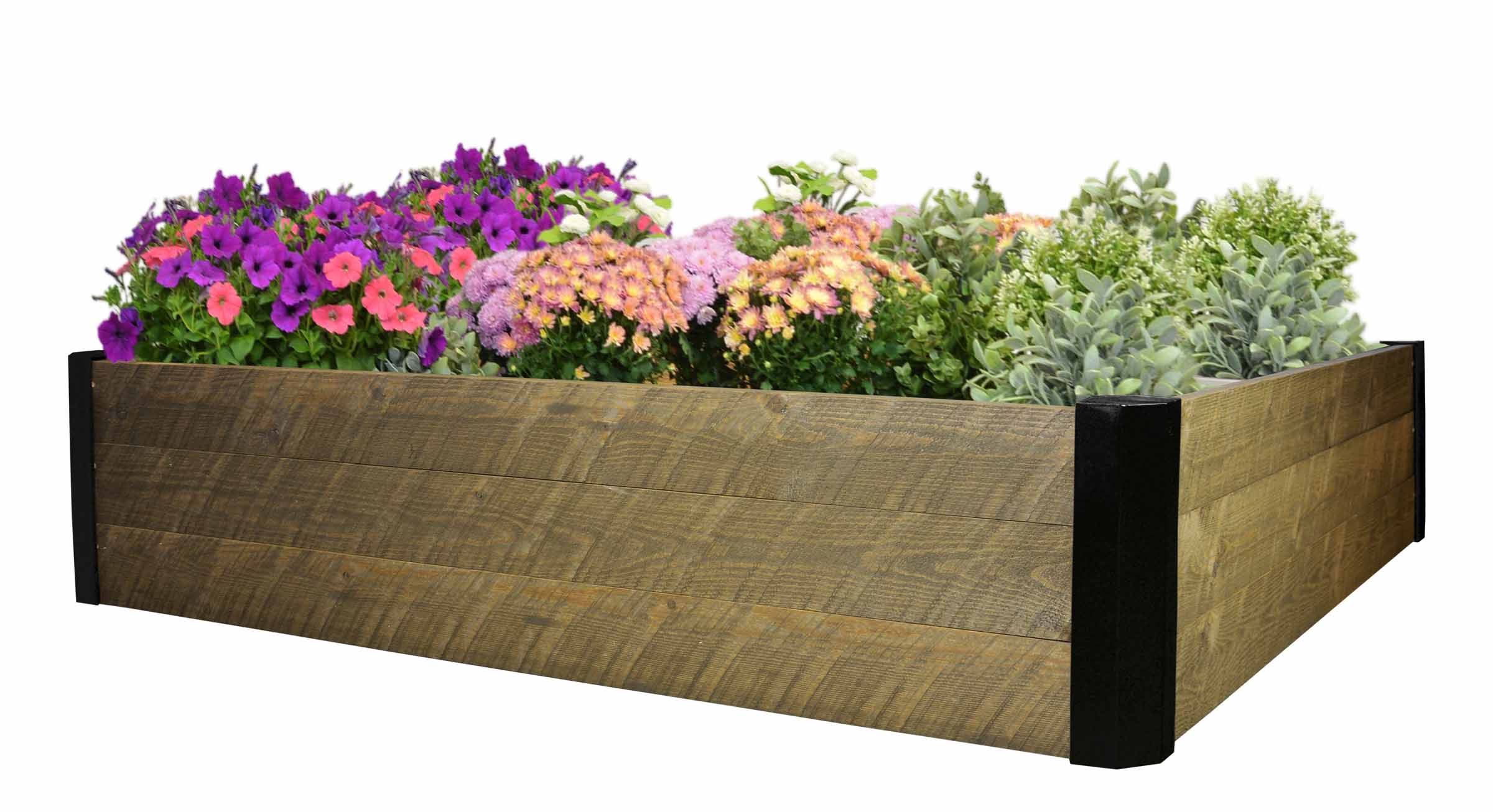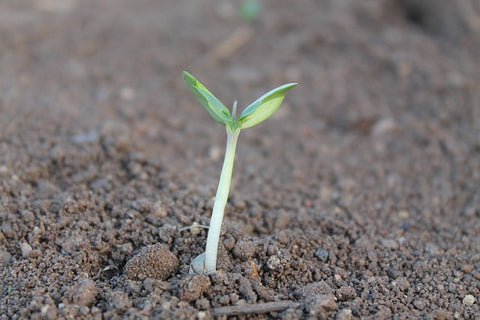
Soil is arguably one of the most important aspects to growing a successful garden. It's the foundation of where your food and flowers come from! You can plant your garden in any container, and purchase your seeds from anywhere, but it's your soil that will make your garden grow.
Container gardening is a little different than a traditional garden, and we want you to have your most successful CedarCraft garden yet. Here is a handy rundown of what you need to know about container gardening soil to have a bountiful harvest.
Garden Soil Is Not Container Soil
As tempting as it might be to transfer your garden topsoil to your container garden, that's a sure way to stunt your planter garden's growth. Container gardens need ample air, water, and nutrients from the soil to support your sprouting plants. By using garden soil, it will be easy to flood your garden and drown your plants, while decreasing their nutrients in the process.
You should fill the containers with a "soilless" blend that will retain lots of moisture and resist compaction. Compaction is what will decrease the amount of air by the roots, and inhibiting growth by making it more difficult for the sprouts to break through the surface of the soil.
Mel's Mix is a tried and true container soil that will work well in both your planter and raised garden bed!
Warm Soil Advantage
While your neighbors may be spending time doing soil prep work for their garden, you're ahead of schedule with your planters! Container soil will rarely freeze and is easy to maintain over the winter by covering your raised garden bed with leaf mulch or a tarp. Because the soil maintains warmth, it's less work for you and it extends your growing season!
If you do find cold soil to be any problem, you can place rocks in your garden to help distribute heat from the sun.
Watch Your Water
One of the biggest challenges with container gardening is maintaining the moisture balance in your soil. It can be easy to over-water and flood your flowers, but it's also easy for them to dry out quickly. Vegetables need air just as much as water in the soil.
You can use straw or mulch to help maintain moisture, prevent over-watering, and prohibit water splashing on the leaves and fruit, potentially causing damage.
Rotate Your Soil
Just like our farmer friends in the field, container soil becomes depleted over the years, especially if you're continually growing the same vegetables in it from season to season. The soil breaks down, creating compaction, drainage issues, depletion of nutrients, and can it promote the growth of disease in your plants.
You can freshen up container soils by adding a fresh blend whenever you start your planting season. Just replace 25% of the mix with a new medium. Don't forget to add some air into the mix by loosening the soil in the planter, while breaking up the clumps and picking out any roots.
You can stretch the life of your planter and raised garden bed soil for several seasons. After 6 to 7 years it may be time to replace your container garden soil and start fresh.


